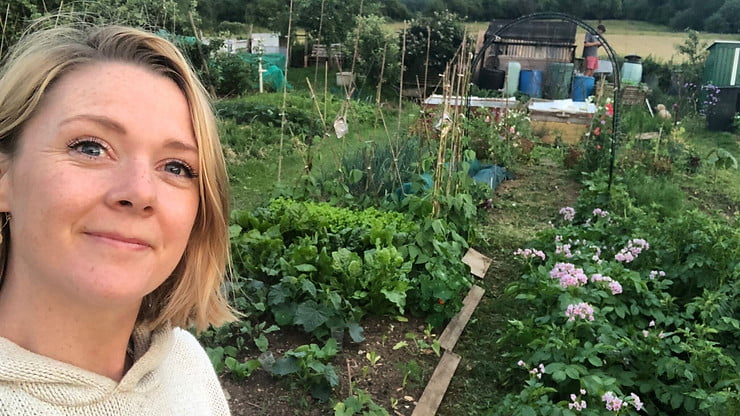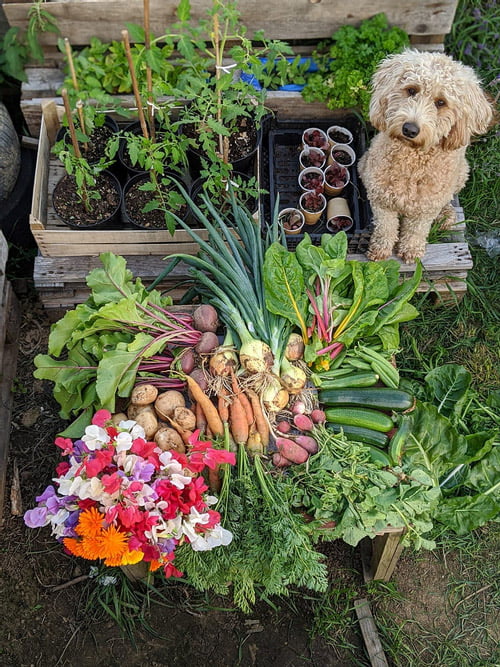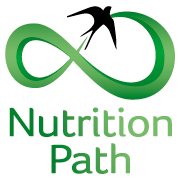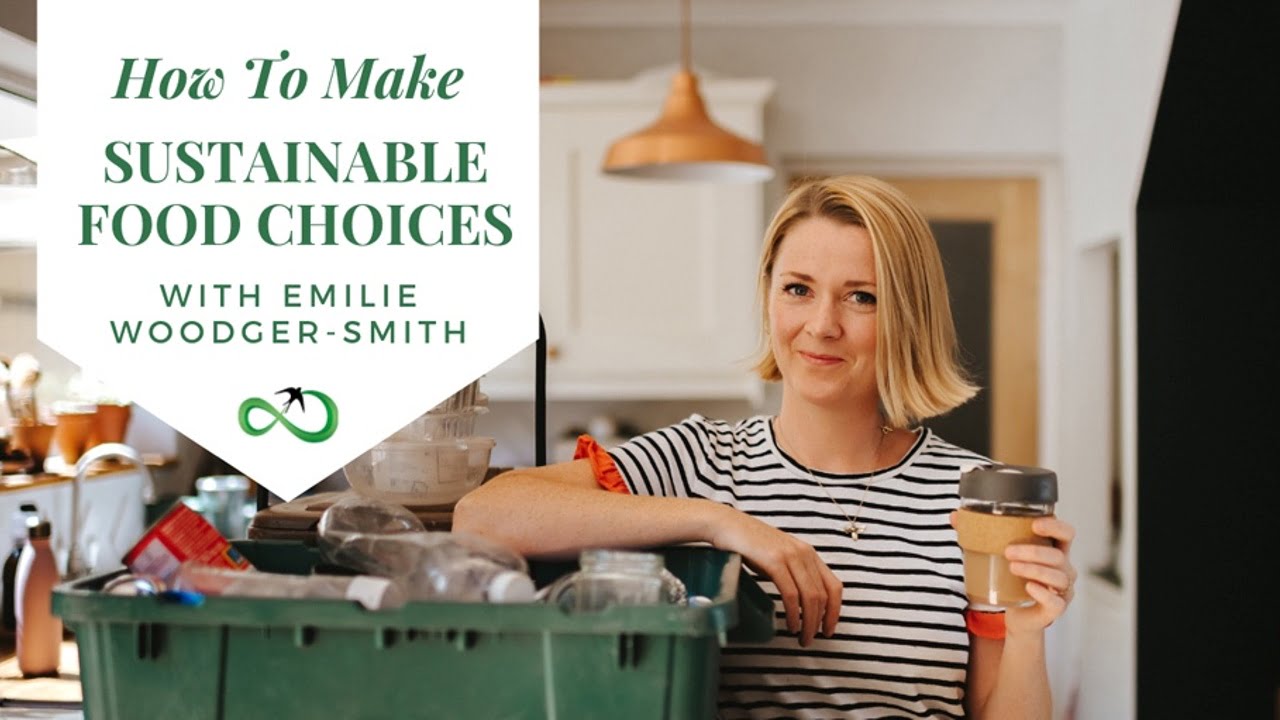If you haven’t paid much attention to your daily actions and impacts on the environment before the pandemic, chances are you started to be more mindful of your daily habits and its environmental impacts. Shortages in food supply and availability has encouraged many to start growing their own food, compost more food waste and only get as much food as they need to avoid wasting.
What are some of the common misconceptions when it comes to food sustainability?
It’s fantastic to hear that so many in your community are trying to make their diets more sustainable!
There are a lot of misconceptions when it comes to sustainable living and when it comes to food sustainability, there are even more so.
One of the biggest misconceptions of food sustainability is that people genuinely believe they don’t generate any food waste. It’s widely published that 1/4 of all the food produced globally ends up as waste. Whether that’s in our homes, during production, harvesting or transportation ¼ of food produced never gets eaten and is wasted.
It is also the case that 1/3 of all food that we buy and bring into our homes is wasted, adding up to around 4.5 million tonnes of food being wasted in the UK every year! This is through not storing it correctly, overbuying and not using food before it goes out of date.
If we all stopped wasting our food, we would have a much more sustainable diet.
Is going vegan the most effective way to have a sustainable diet?
Going vegan is a great way to head towards having a more sustainable diet, however, it is not the only way to reduce your environmental impact if it doesn’t work for your unique body. Meat & dairy always wins top trumps when it comes to food carbon emissions, so swapping these out for vegan alternatives or reducing your intake is great.
One of the problems with vegan food like tofu or soya-based meat and milk alternatives is they are regularly heavily processed & packaged in non-recyclable plastic. So they are great options for reducing your carbon emissions, but not so great if you want to reduce your non-recyclable waste.
Try opting for frozen vegan foods that are usually packaged in cardboard and have a go at making your own ‘mylks’ at home! Oat mylk is one of my favourites and is so easy to make.

What you wished people knew about making their food choices more sustainable?
I wish that people would look at the seasonality of the food they are eating all year round. If you’re eating seasonal foods (like tomatoes & soft fruits) that perish quickly, all year round, check where they were grown. If they are grown outside of the UK they will have been flown into the UK adding on an enormous amount of C02 onto that product. For example, a bunch of UK grown asparagus in season has around 1kg of CO2 associated with it, but when you buy it out of season from elsewhere in the world it goes up to 12kg of CO2. If we eat seasonal food that has been grown in the UK we can reduce our environmental impacts hugely.
Best save these seasonal delights for the summertime!
What you can do now to make your food choices and your pantry more sustainable?
The first two suggestions I have already talked about, but they really are the best things to do to reduce the environmental impact of our food.
1. Eat less meat & Dairy
Even if this is just swapping out meat for a veggie alternative one day a week, this will greatly reduce your environmental impact. Meat-free Mondays are a great way to get into this!
2. Eat seasonally in your country
Keeping in with the seasonal food grown in your country will mean your food is produced locally to you and therefore will have a lower environmental impact.
3. Know the difference between best before & use-by dates
A lot of food is thrown away in the UK due to confusion over the dates on our food. If your food has gone past its “Best before” date, it’s still perfectly edible and safe, if your food is gone past its “use by” then it is likely to be gone off and not safe to eat. I go by my nose test, if it smells fine, I’m eating it!
4. Go organic
Organic foods tend to be less water-intensive to grow & do not use hormone-disrupting chemical fertilisers and pesticides that can pollute water sources & harm local wildlife.

5. Use what you have in the cupboards
The most sustainable thing you can eat is what is already in your home. With 1/3 of all food bought in the UK going to waste, making sure you use all of the food you have in your homes before going out & buying more, is a great way to reduce your environmental impact.
6. Grow your own
If you have a garden, balcony or even just a windowsill, you can have a go at growing your own foods like herbs, salads & tomatoes! By growing your own food, especially things that don’t stay fresh for long, you can drastically reduce your environmental impact.
7.Preserve food to avoid waste – pickling/jam / cordials/brothsage-old
On the topic of avoiding food waste, the age old technique of preserving seasonal and homegrown foods to enjoy throughout the year is a great way to make the most of your food.
8. Use your freezer & save “yellow label” discount foods
Starting your shop in the discount area is a great way to reduce food waste & therefore your environmental impact. I regularly buy food that is about to go past it’s best & pop it in the freezer to enjoy another time! Using your freezer is a great way to extend the life of some foods such as herbs, meat, dairy, veggies & sauces!
9. Compost / use your household food waste collection – makes electricity (AND plants) / gives back to your soil.
If you do generate food waste, make sure you’re using your food waste collections or a compost bin rather than putting them into your non-recyclable bin. Food waste that goes to landfill will generate Methane, a gas 25x more toxic than CO2. Food that goes in your food waste recycling will either be composted down & used as a soil conditioner, or be used to generate renewable electricity & liquid fertiliser at an anaerobic digestion plant!
Thanks, Emilie!
Emilie has worked in the waste industry for the past 8 years and is currently a Waste Minimisation Officer for a local council. In her spare time, she runs Simply Sustainable, a zero waste blog and Instagram account where she shares what she does day to day to reduce her environmental impact, inspiring others to do the same. She is currently writing her first zero-waste book, Sustainable Beauty which is due to be published in springtime 2021.
Have a look around her blog and try out some of her DIYs https://simplysustainable.home.blog. Find her on Instagram https://www.instagram.com/simply_sustainable_blog and follow along with her #simplysustainableswaps campaign all month for Plastic Free July (more info on what PFJ is here https://www.plasticfreejuly.org ).



